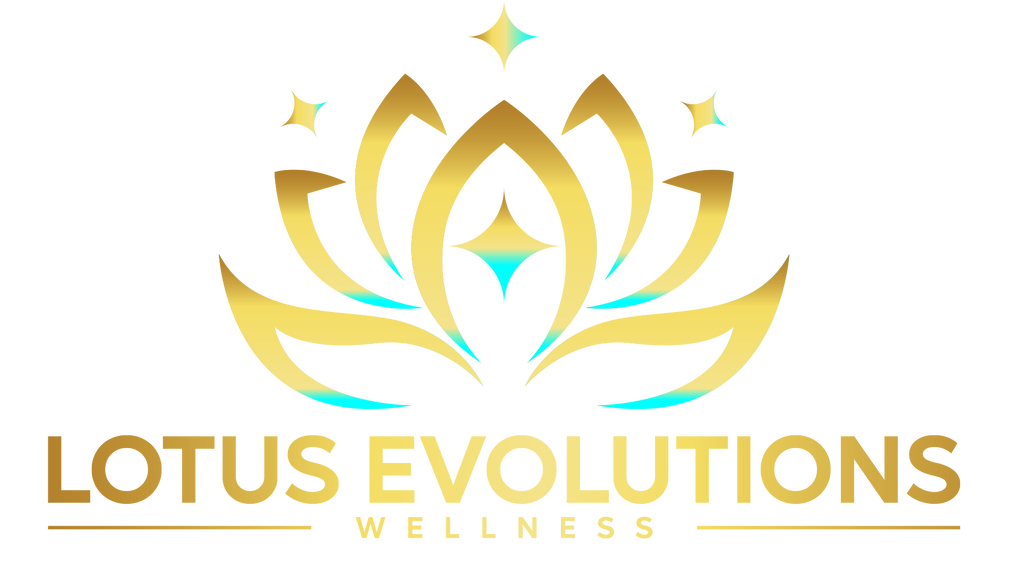Holistic Hyperpigmentation Treatment
Hyperpigmentation is characterized by a darkening of the skin, typically in patches of varying sizes and degrees of darkness and hue, from a light brown to an underlying grey. Hyperpigmentation is one of those skin conditions that many women and men attempt to counteract, as it takes away from the skin’s youth, clarity and brightness; however, beyond aesthetics, hyperpigmentation can be a symptom of other systemic imbalances and should be addressed as a health and wellness concern. What causes hyperpigmentation?
Hyperpigmentation Causes:
-
Injuries to the skin (burns, abrasions, cuts, etc.)
-
Inflammation (diet, gut issues, sun damage, stress, etc.)
-
Hormones (pregnancy, birth control, stress)
-
Systemic Disorders (thyroid, adrenal insufficiencies, cancer, etc. )
-
Drugs & Medications
The origin of one’s hyperpigmentation goes beyond the skin’s surface, so it makes sense to address this common issue internally as well as topically for the best results.
Nutrition and Hyperpigmentation
-
Healthy Fats and Oils
-
Fats are essential to the manufacturing of hormones and the absorption of fat-soluble vitamins, such as A, E & D. Fats have the ability to modulate inflammatory signaling, either promoting or reducing chronic inflammation in the body. Fats are integral to the health and function of all cells.
-
-
Carotenoids and Phytonutrients
-
Carotenoids are plant pigments/nutrients that produce orange, yellow and red fruits, vegetables, herbs and roots. Carotenoids absorb solar energy and act as a natural, internal sunblock; in addition, these compounds protect the skin from free radical damage and work to repair damaged cells. Foods such as: yellow/red bell peppers, carrots, cantaloupe, mangos, tomatoes, pineapple, etc.
-
-
Fiber
-
High fiber foods come from whole foods such as fresh fruits, vegetables and grains. Fiber works with the phytonutrients in foods to assist the body in elimination, detoxification, blood sugar control and overall cellular protection. Fiber, additionally, feeds the symbiotic bacteria that reside in the gut, hence reducing chronic inflammatory signaling and the physical stress that follows from incomplete digestion and nutrient intake.
-
Effective and Non-Toxic Topicals
-
Azelaic Acid
-
A non-toxic acid safe enough for pregnant women, derived from grains and works on the epidermis to suppress melanin production. It is an anti-inflammatory and an antioxidant.
-
-
Vitamin C
-
Topical vitamin C is a favorite ‘go-to’ as it supports collagen production, protects cells from oxidative damage and naturally brightens the skin.
-
-
Licorice
-
Licorice is a natural anti-inflammatory and a melanin suppressor. It soothes and moisturizes the skin.
-
Conclusion:
It is important to remember that your skin is your body’s largest organ and it should be treated as such. The skin is not unattached from the rest of your body. It works with your body, so to approach skin concerns as solely an annoying, unattractive symptom, attempting to fix the problem with a pill and only one solution is just pure nonsense. All skin issues must be addressed holistically, viewing the body as a whole, hence the solution becomes a whole. The above recommendations certainly go hand-in-hand with other methods of wellness, such as, stress management methodologies and a complete menu and program that incorporates sound nutrition, supplementation (if needed), stress management and natural, yet effective, topicals that are professionally-based and for home use.
When you approach skin care as a component to your overall wellness, you will obtain the most effective and long-lasting results.
https://www.merckmanuals.com/professional/dermatologic-disorders/pigmentation-disorders/hyperpigmentation



Leave a comment